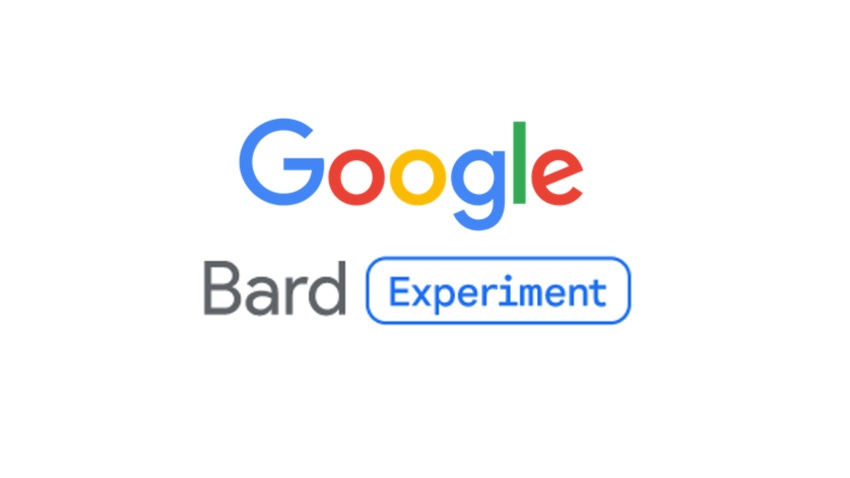Former Google engineer says Bard was 'relying heavily' on ChatGPT conversations

At a Glance
- Google refutes claims by a former software engineer that it used ChatGPT conversations to train its rival chatbot, Bard.
- The engineer making the accusations has since left Google and joined ChatGPT maker OpenAI.
Google is denying accusations that its Bard chatbot was trained using ChatGPT conversations.
Reports surfaced earlier this week that a former Google software engineer claimed the company used ChatGPT conversations posted to the website ShareGPT to train its chatbot.
However, a company spokesperson denied the charge: “Bard is not trained on any data from ShareGPT or ChatGPT.”
Battle of the bots
Google first unveiled Bard in early February before officially opening it up to users in the U.S. and U.K. in March.
But the chatbot’s lackluster demo was not received well by investors as it seemingly signaled that Google might be losing the AI race. The company’s market value plunged by $100 billion overnight as it scrambled to compete with Microsoft’s integration of OpenAI's ChatGPT.
Now Jacob Devlin, a software engineer at Google who recently left to work for OpenAI, has accused Bard of “relying heavily” on responses from ChatGPT, according to The Information.
Devlin claims he tried to warn Google that using ChatGPT conversations to train Bard would violate its rival’s terms of service. He reportedly told CEO Sundar Pichai and other senior executives directly − and that upon learning this, the company eventually stopped.
Google and Microsoft have been locked in a generative AI race. In January, Microsoft fired the first salvo by incorporating an updated ChatGPT into Bing search, sparking a frantic response from Google that saw its legendary founders return to day-to-day operations. Both have tried to one-up each other since, such as announcing the addition of generative AI productivity tools to 365 product suite and Workspace.
Read more about:
ChatGPT / Generative AIAbout the Author(s)
You May Also Like


.jpg?width=700&auto=webp&quality=80&disable=upscale)
.jpg?width=700&auto=webp&quality=80&disable=upscale)
.jpg?width=700&auto=webp&quality=80&disable=upscale)
.jpg?width=300&auto=webp&quality=80&disable=upscale)
.jpg?width=300&auto=webp&quality=80&disable=upscale)
.jpg?width=300&auto=webp&quality=80&disable=upscale)

